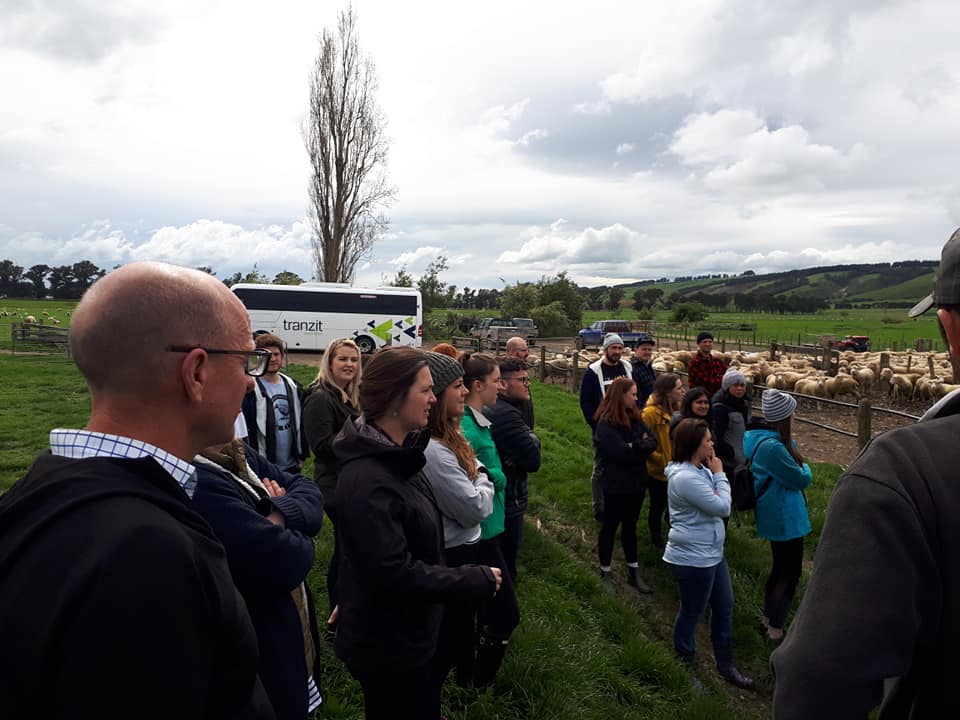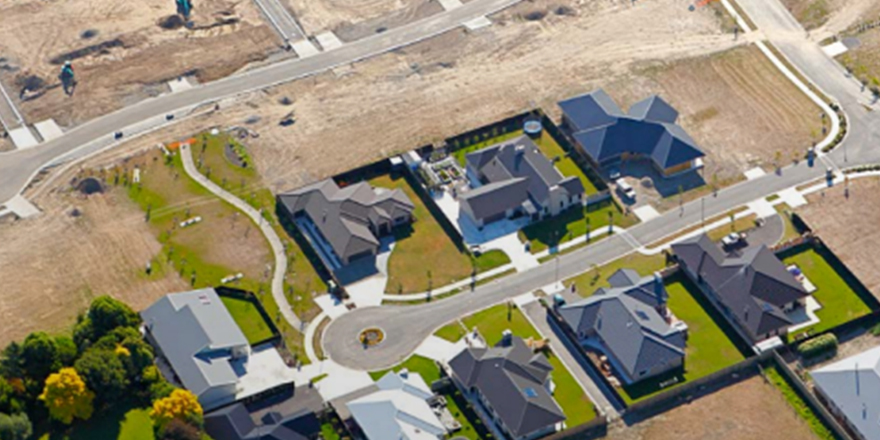
Executive Summary
There are too many horror stories out there where family farms have been sold unnecessarily because the succession process becomes too hard. The objective of this project was to find non-standard or innovative ways that people had managed to achieve succession on the family farm and to try to identify common themes or methods that enabled that succession to occur. To get a deeper understanding of this over 20 interviews were completed with farmers and professionals on innovative succession plans they’d been involved with or done.
There are many ways succession can be carried out successfully. From the literature review and interviews, the succession process is a journey which requires flexibility and resilience. There are three key building blocks for a viable succession plan. The parents’ needs are met, there is fairness amongst all children (succeeding and non- succeeding) and there is a business that has long-term viability for the succeeding generation to buy. The key findings were the re-occurring themes that came through from interviews. This is that there are three succession “pillars” which, when added to the key building blocks, can enable innovative solutions. These pillars are communication, clarity and capability. When there is a desire and vision to have an inter-generational business and there is good communication, clarity and capability, over time a family business can progress to where a viable succession plan which has the three building blocks can be enacted.
Recommendations from the findings are as follows:
-Start early. Succession is a journey and the transition of the business assets may take ten or more years. Starting early and thinking about potential future succession will have a positive influence on the business. Setting a framework, working to incorporate skills and having the right structures in place will be hugely beneficial when it is appropriate to start a more formalised and structured succession plan.
-Practice open communication. Where open communication that is respectful is part of everyday life, everyone is aware and informed of the process and knows what is going on.
-Establish clear values. When it is clear how the parents and other family members would like things to be, then common ground can be found. What people want out of life and answering the ‘why’ is key.
-Have clarity of vision. Being clear on the vision for the business and what you are trying to achieve allows everyone involved to commit towards a common goal. The vision may change but having a goal in mind is crucial as it sets the tone and direction of the business.
-Have a clear structure that is fit for purpose. Everyone involved in the succession process needs to understand the ownership structure of the business. It must be fit for purpose in carrying out the succession plan and have flexibility to accommodate any changes in family needs while transferring ownership to the children.
-Build up the capability in the business. The skills needed for operations and management, finances and strategic planning need to be identified. Plans need to be put in place to develop those skills within the business or to fill them with third parties. Having strategic capability and working on the business will help drive performance.
-Engage quality professionals to assist in the succession process. Professionals can get the ball rolling and help formulate the appropriate succession plans for farming families. They can help navigate families through the process and assist in monitoring and tweaking the plan, so it meets the families’ needs.
-Have an open mind. Having an open mind to opportunities and the ability to critically evaluate them is a valuable skill.




